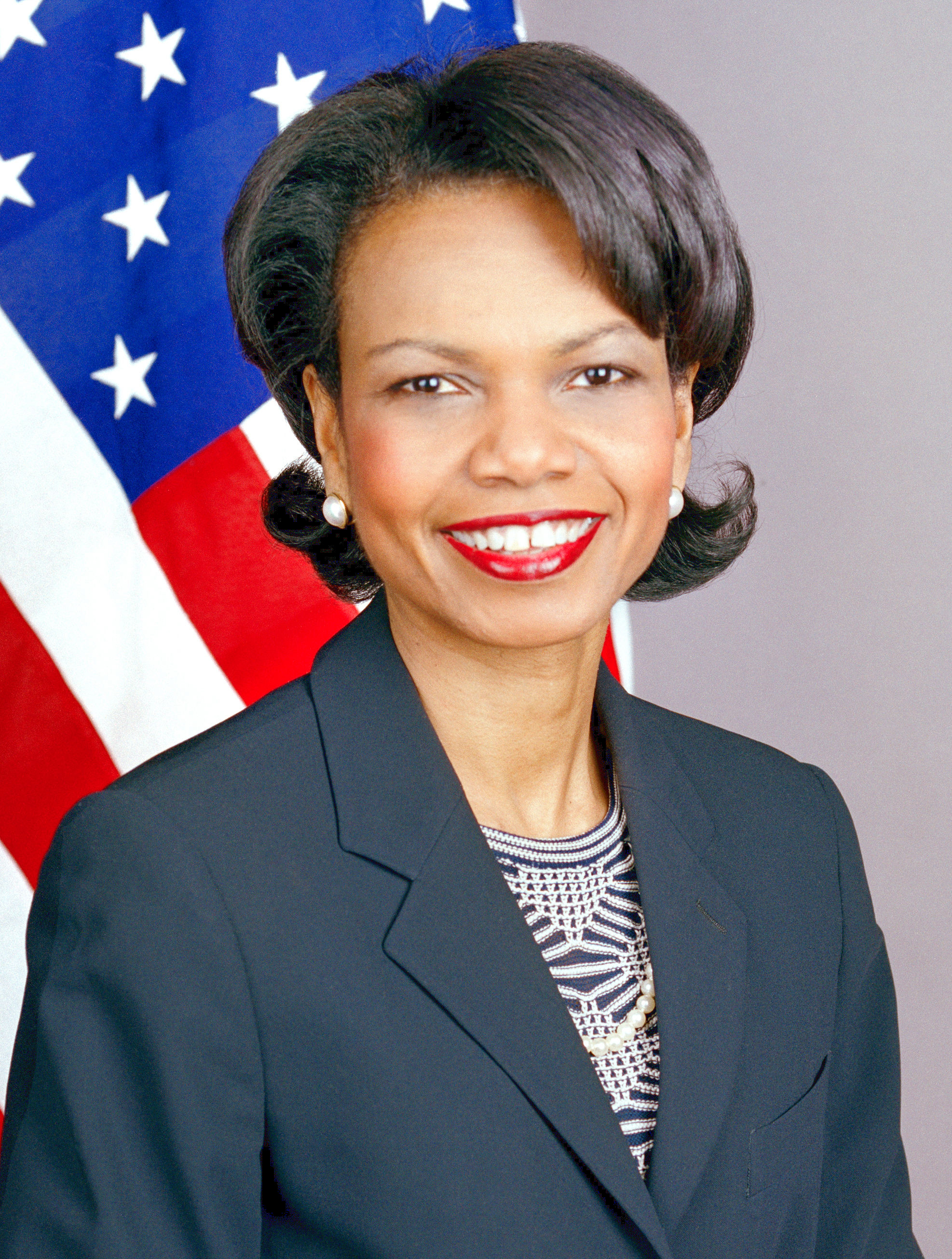During the "Females on Female Characters" panel at PAX East this year, something that's bugged me for a very long time came to the forefront. Over and over, through the years, I've noticed that when we talk about "strong female characters," we don't define the term. To some people, "strong" means only "butch." To others, "strong" equates to "violent." You can guess what I think of these equivalencies.
So when we're asking for a "strong female character," what do we really mean?
I asked some friends and strangers (both near me at PAX and on Twitter): "Who would you pick as an example of a real-life strong woman?" without context. Who came up?
 |
| Hillary Clinton |
 |
| Julia Child |
 |
| Condoleezza Rice |
 |
| Michelle Obama |
 |
| Lady Gaga |
Let's take a moment to notice a few things about these women. Most of them are well over 30 and many are over 40 or 50 -- or at least were, when they came to public awareness. (Not all are still with us.) They are not all white -- although admittedly, not as diverse as would be ideal. Some are known to be feminine. Some are not. But for the moment, the most important facet is this: although most of them are famous for kicking ass in the metaphorical sense, none of them are known for their physical fighting or shooting abilities.
Almost exclusively, these women have been at the center of their own lives, not only playing the hands they are dealt in a passive or reactive sense, but instead determining the courses of their own fates with active, determined steps. All have contributed to the creation of their own destinies, in the face of obstacles both external and internal. When made to work within disadvantageous systems, these women have have found ways to force the systems to change around them. And if that's not strength itself, what is?
We have a tendency to equate propensity toward violence with strength in all video game characters, not just female ones, but it's especially glaring when looking at the women because it seems only women whose defining quality is the ability to shoot from the hip get included in the broader canon. If you go around asking mainstream gaming (and Google), "Who are the strongest female characters in gaming?" you see:
 |
| Samus Aran (Metroid) |
 |
| Bayonetta (Bayonetta) |
 |
| Lara Croft (Tomb Raider) |
 |
| The Boss (Metal Gear Solid 3) |
(By the way, and not incidentally, while it took me 30 seconds or less to find the photos I used of the real-life women above, it took me a solid 20 minutes of Google work to come across a usable, forward-facing, non-porno, non-suggestive image of Lara Croft -- and Samus was only marginally easier.)
While gaming in general does not rely exclusively upon violence, a huge category of narrative, fully fleshed-out gaming does. The competitive multiplayer sphere obviously relies on kills and captures, but despite our general agreement that gaming doesn't cause violence, pretty much every AAA title to come out in recent times either portrays or simulates violence.
All hope, however, is not lost. Although the heyday of the adventure game has come and gone (and may be coming again, in hybrid titles and new forms), some of our most memorable heroines, to this day, have been known for their stories and problem-solving, not their aim:
 |
| Kate Walker (Syberia) |
 |
| April Ryan (The Longest Journey) |
 |
| Zoe Castillo (Dreamfall) |
This other collection of characters is made of girls and women who can face their fears, and not just the fears of things that go bump in the night: they are strong. (And I've written about April and Zoe
before.) Female characters who can think through solutions, who can face down systems stacked against them, who can, indeed, clobber a monster if there's no other option: that's how I'm inclined to define strength.
I am aware that there are two glaring absences here. One is the entire sphere of Japanese-developed gaming. "What about
Lightning and Fang? What about
Yuna, and
Terra?" The answer, I'm afraid, is painfully blunt and dead-end: I almost never enjoy playing JRPGs, and as a result, am most assuredly not an expert in their construction. I'm a member of and a consumer of primarily Western-generated culture, and I know when to stop talking. Japanese games are not my forte, and I don't have time to play them all to get caught up for this series. I think they have a different set of positive portrayal / negative culture problems than Western games do. Not necessarily better or worse, but different. Not all characters there are violent, even when there's fighting involved, and some are strong.
The other omission I am sure to hear about? She is called Commander Shepard. Or she is called a Grey Warden, or Hawke, or the Lone Wanderer, or the Courier. That's because these women or men are another topic. The personalities of those characters are driven by the choices and moral preferences of the players; the characters who I have chosen to discuss above are fixed in space and time, as it were. Their stories are already told and it is merely our job to follow them; their games are as on-rails as it gets. Looking at the character of player-definable leads is a trickier, and more nuanced task, as no two players are likely to portray the exact same character.
Also I can't talk
Mass Effect's supporting cast yet because I haven't finished it, but I have
a friend all over that beat.
Next in the series: we look at (ha) the sexualization of female characters.











